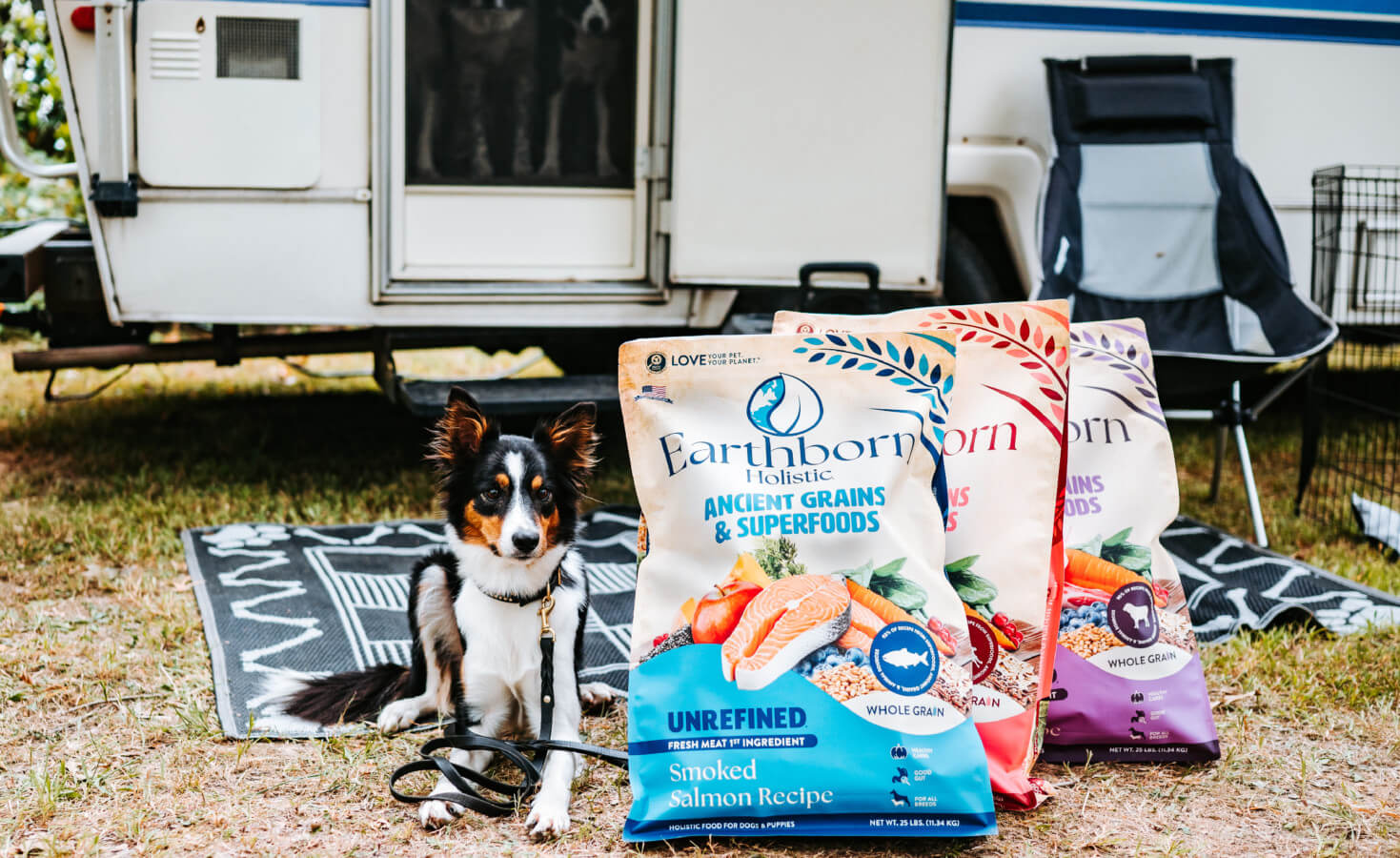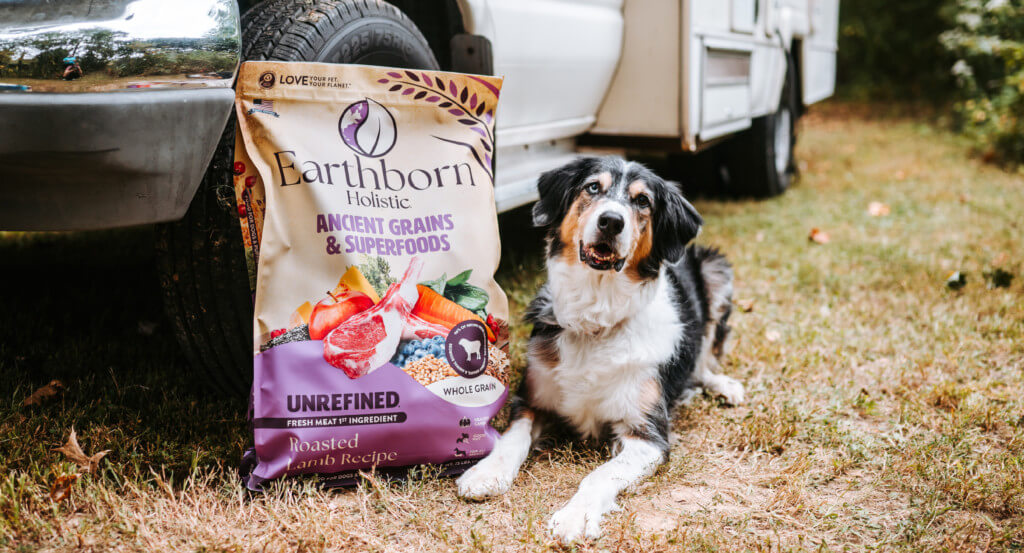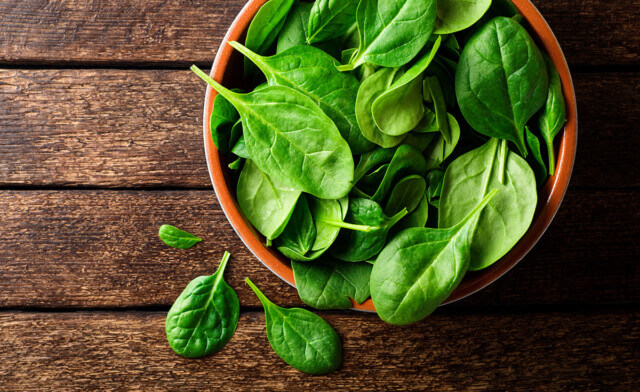Dog Nutrition and Metabolism: What You Need to Know
Canine obesity is a growing trend. In America, around 20% of dogs were found to be obese, and even more, were found to be overweight. Much of dog obesity and health problems can be attributed to poor dog nutrition. When it comes to the type of food you give your dog, diet can be just as important when it comes to prevention. The wrong diet can cause many problems in your pet, like inflammation and dental issues. Because dogs come in all different sizes and shapes, they require different needs. It can be stressful and confusing at times when trying to figure out your dog’s nutritional needs according to their weight, age, and baseline health factors.
We know how important the quality of food is, not only for humans but for your furry babies as well. You should always consult your vet first when it comes to the health of your dog, but to help you on your journey towards pet health, we’re here to give you some important information on how to choose the best nutrition for dogs.

The Importance of Nutrition for Dogs
The composition of dog food on the market today varies greatly, and while there are many options out there, it can be difficult to determine what to feed your dog when it comes to dog nutrition.
You should look for nutritional breakdowns that best fit your dog’s nutritional needs. Look for natural ingredients that aren’t processed with a minimal amount of additives.
Dogs need to eat twice a day, in the morning and evening, to help keep their metabolism stable throughout the day. Depending on your dog’s specific needs, they may need to be fed more often.
In addition, it’s important to make sure your dog gets the right amount of protein, as too much will go unused by your dog’s body and can even overtax their kidneys when dispelled from the body. But too little can cause an imbalance and put your dog at risk for other disorders like diabetes.
How A Dog’s Metabolism Works
Metabolism is the broad term for the chemical reactions that happen inside a cell. The cell uses these chemical reactions to create energy for the dog. This energy comes from the food that they eat.
When dogs eat, the food gets broken down into its most basic parts. These parts include protein, carbs, sugars, and fats. All of these components are important for a balanced diet, but the amounts that they consume matter.
These needs differ between large and small breeds, which have different metabolism rates. Dogs who have a slow metabolism can easily overeat, or not meet their nutritional requirements. While dogs with fast metabolisms may be at risk for poor growth, due to an imbalance in nutrients.
It’s important to make sure that your dog isn’t eating too many calories and that their food is providing them with enough dietary fiber. The fiber in a dog’s diet ensures that the food gets broken down more slowly. This works to keep your dog full longer to avoid weight gain as well as keep your dog’s blood sugar stable between meals.

Large Dog Breed Metabolism
Large breed dogs have a faster metabolism when compared to small dogs. This is in part because of their large size and the energy demands their body has.
These dogs need a moderate amount of protein and fat that should come from high-grade sources. Low-quality protein won’t provide your dog with all of the amino acids that their bodies require and can end up leading your dog to become a picky eater or even have health problems.
Dog food that doesn’t break down well or is overly processed won’t be absorbed well by your dog’s digestive system, leaving them with less energy. You can often tell if your dog food isn’t a good fit for your dog by the way your dog behaves and appears.
If they are constantly going to the bathroom despite eating at regular times, or if their fur is dull, then your dog’s food may not be meeting your dog’s nutritional needs.
Small Dog Breed Metabolism
Small dogs in particular have an interesting metabolism. The base metabolism for small dogs is much slower when compared to large breeds. However, their metabolism as small animals means that their organs process food faster than their larger counterparts.
Smaller dogs need a higher amount of calories per pound than large breeds do, but this doesn’t mean you should feed your dog more food. Rather small dogs need food that is dense with the essential nutrients that their bodies require.
This means that small dogs need food with high-quality ingredients. This is because small dogs physically aren’t built to eat high quantities and have evolved to get the most out of what they eat.
The Effect of Food On A Dog’s Gut
Until recently, there haven’t been many studies on how important gut health is for dog nutrition. A dog’s microbiota is the environment within their intestines that supports life for good bacteria, fungi, and even viruses that work together to keep your dog healthy.
These microorganisms take the food that your dog eats and use bits of it to create necessary metabolites, vitamins, and essential amino acids that are necessary for maintaining health. These amino acids also act as antioxidants that help protect cells from damage.
Ensuring that the dog food you give your dog contains the proper ingredients to promote gut health will help keep your dog feeling their best.

Which Dog Food is Right for Your Dog?
Remember, metabolism plays a big part when it comes to dog nutrition and the right food.
When looking for your next dog food, keep in mind your dog’s size, age, and activity level, which can all affect what food you choose for your dog. You should look for food made with natural ingredients from high-quality sources to ensure that your dog is getting the most from their food.
We here at Earthborn Holistic care for your dog’s health. If you’re looking for dog food that you can trust with your dog’s nutrition, we have your back. If you want to learn more about your pet’s health and other great tips click here!




